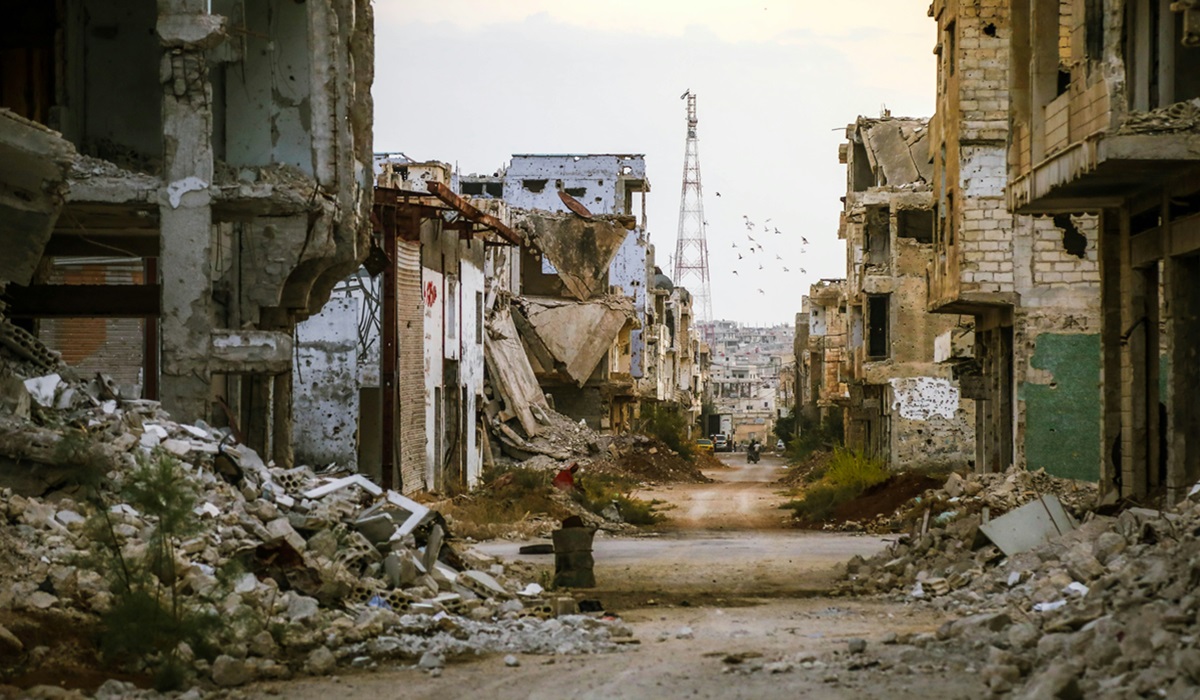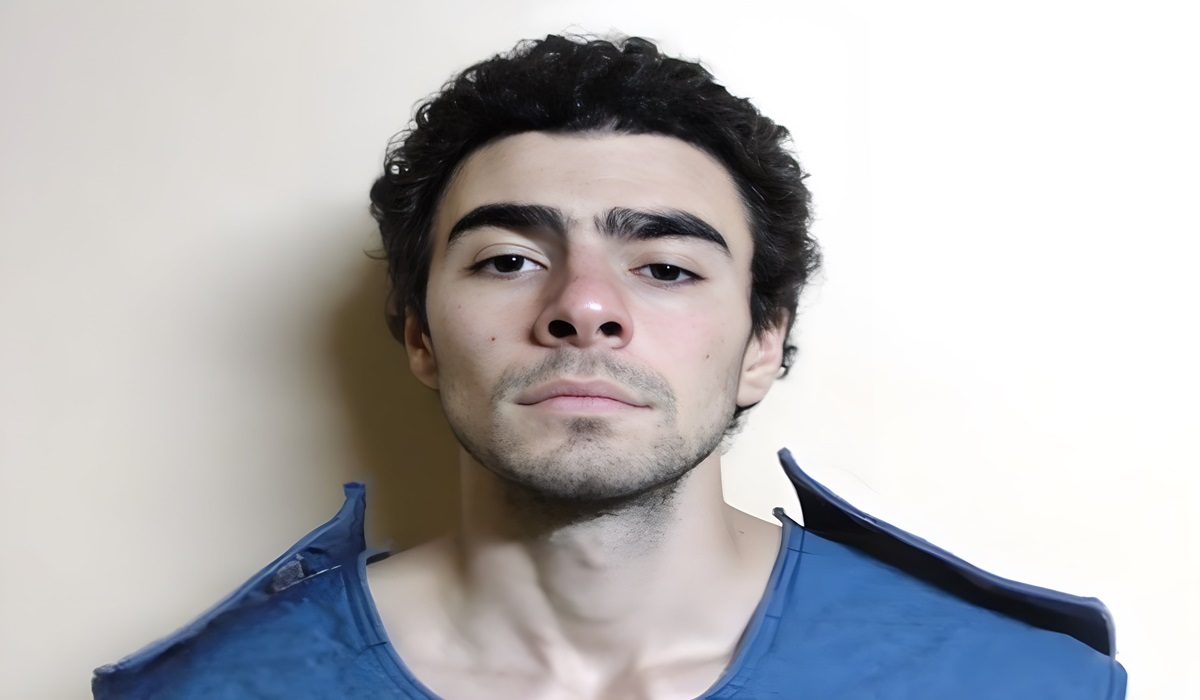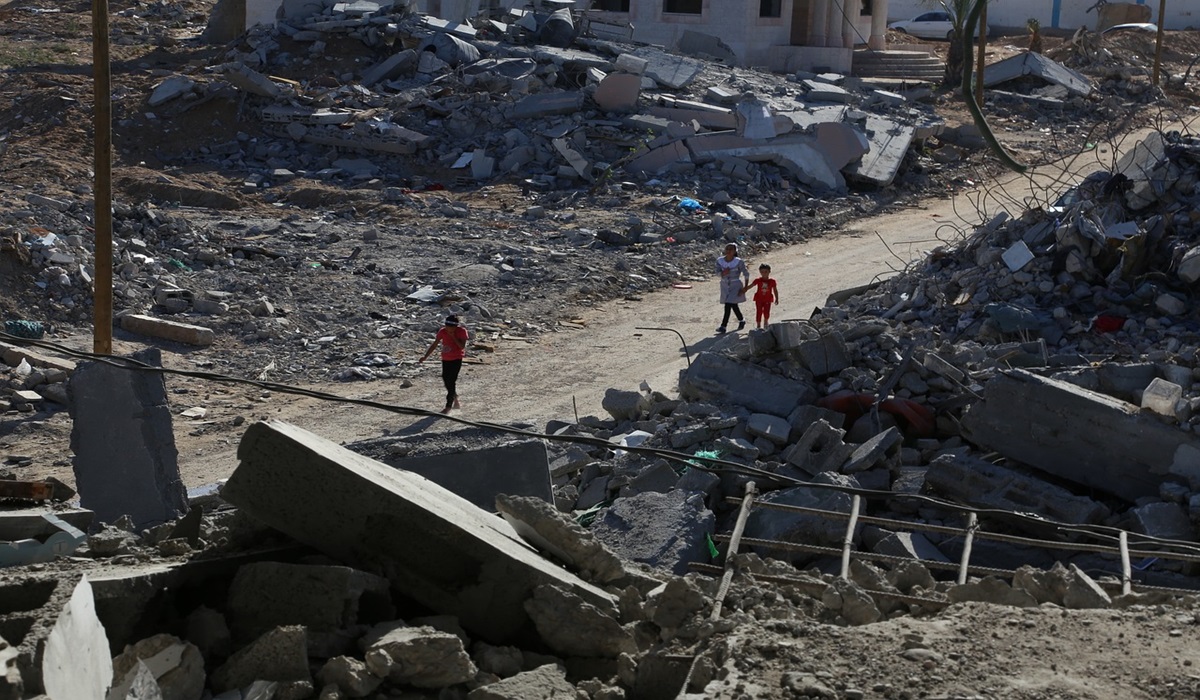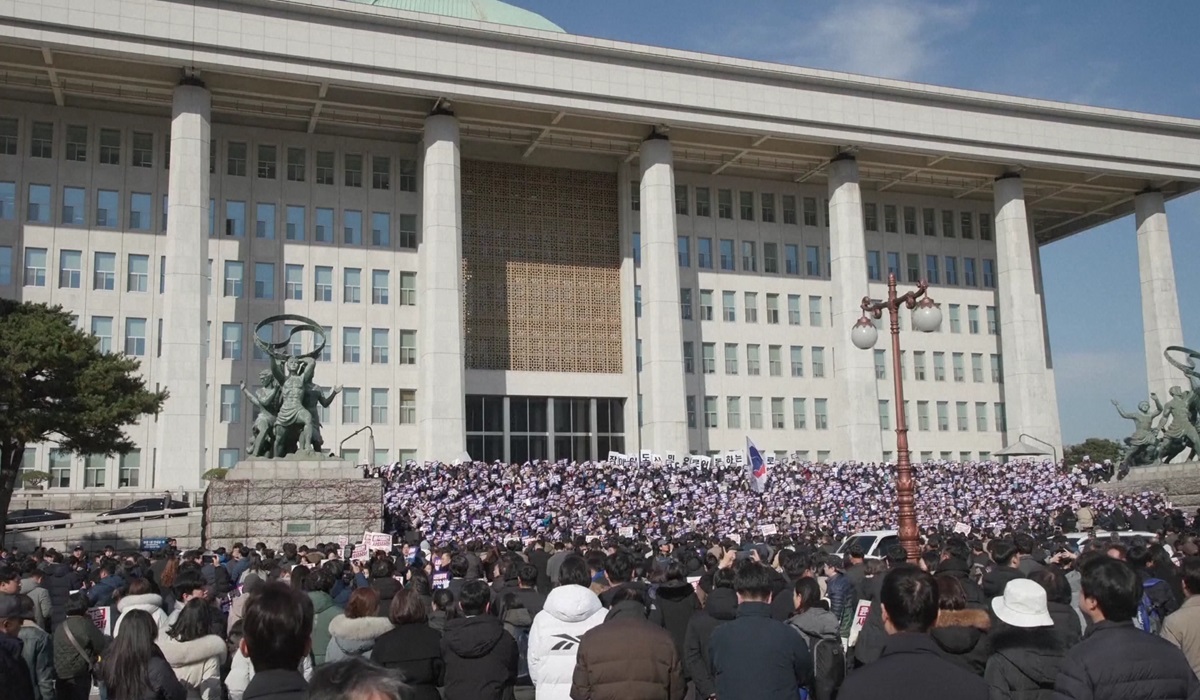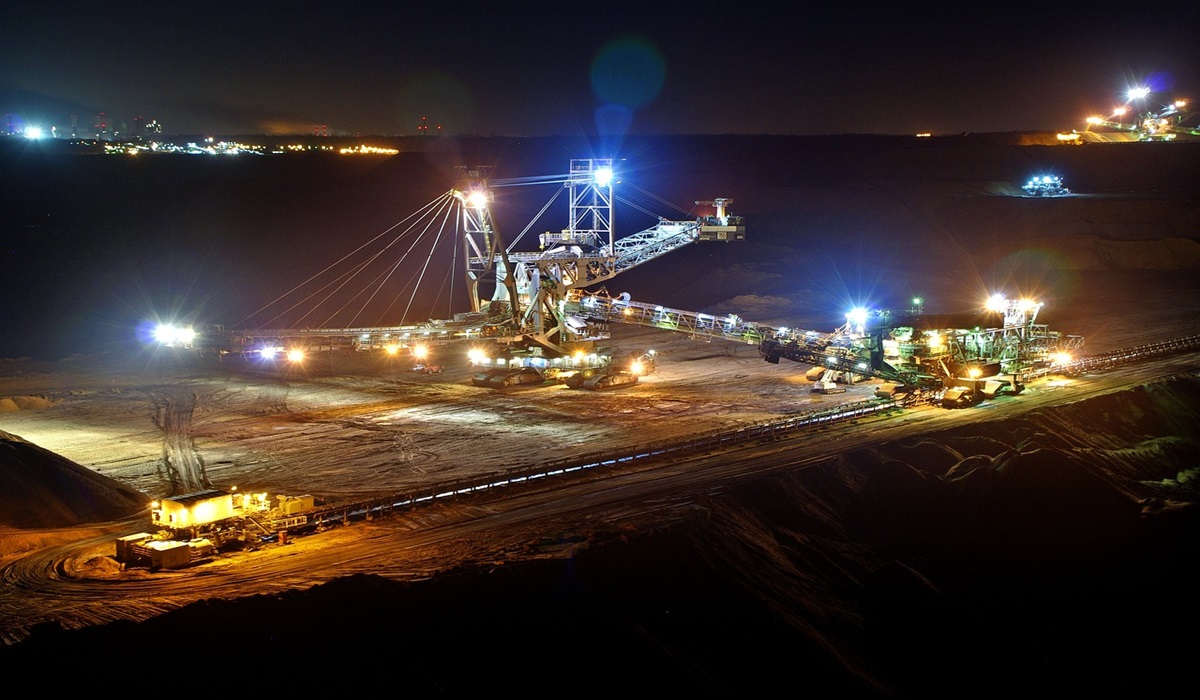Image Credit, Ibrahim Khalilo
The last 12 hours have marked a historic turn of events as the HTS rebels seized control of Damascus, forcing Bashar al-Assad to flee. While the rapidity of this development caught many off guard, it was no secret that the Syrian regime’s fall was a matter of “when,” not “if.” The HTS, led by Abu Mohammed al-Julani—a former member of al-Qaeda—has emerged as a dominant force in the region, with significant backing from various regional and international actors.
Despite years of autocratic rule, Assad’s grip on power proved surprisingly fragile. As his generals abandoned him and rebel forces pressed forward, Assad fled with his family, leaving the capital to be overtaken in a matter of hours. In a symbolic moment reminiscent of Saddam Hussein’s fall, a statue of Assad was torn down by jubilant crowds.
Syrian Prime Minister Mohammed Jalali has vowed to hold free elections, though no specific date has been set. He stated that Syria would be “what the Syrians want, without interference.” Meanwhile, Jalali has opened lines of communication with opposition commander Abu Mohammed al-Julani to coordinate a transitional government, a move signaling significant shifts in Syria’s political landscape.
Syrian state television earlier broadcast a video from a group claiming the regime had been overthrown and announcing the release of detainees from prisons. Fighting in Damascus subsided shortly after news of Assad’s flight spread, and the national army surrendered without further resistance.
The irony of the situation is striking. Just two decades ago, groups like al-Qaeda were denounced as global enemies. Today, factions linked to its legacy are being celebrated by Western powers and regional actors. Their rise to prominence in the Syrian conflict underscores the shifting alliances and pragmatism shaping international policy.
For over 50 years, the Assad dynasty ruled Syria with an iron fist. Bashar al-Assad, an ophthalmologist by training, was thrust into power after the untimely death of his elder brother, Bassel, in 1994. While Assad initially portrayed himself as a reluctant ruler, his tenure was marked by widespread repression and accusations of human rights violations, following in the footsteps of his father, Hafez al-Assad.
Turkey has openly supported the HTS rebels, but questions remain about the future of the Kurdish minority in Syria. Turkish President Recep Tayyip Erdogan has consistently referred to Kurdish groups as “terrorists,” raising concerns about their safety and autonomy in a post-Assad Syria.
The swift collapse of the regime has left analysts speculating about how HTS managed to consolidate power so effectively. It appears that alliances with smaller rebel factions allowed HTS to establish a formidable force capable of overwhelming Assad’s defenses. Observers also highlight that many signs of Syria’s eventual fall had long been apparent; it was only a question of timing.
As Damascus begins its transition, Syria stands at a crossroads. The road ahead will depend on whether the promises of free elections and inclusivity can translate into lasting peace and stability for the Syrian people.

